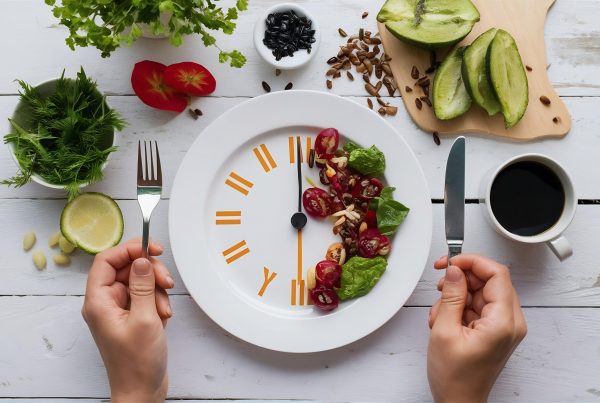It’s no secret that coffee helps you…go. What does feel like a mystery, though, is why sometimes people experience stomach aches, cramps, or even bloat after drinking coffee. It’s not uncommon to experience these symptoms after a nice cup of joe, but it’s not exactly normal.
Today, we’re covering the relationship between coffee and stomach aches, a few reasons you may get an upset stomach from coffee, and delicious, tummy-easing coffee alternatives.

*Photo courtesy of wayhomestudio
COFFEE AND STOMACH ACHES
There are a few correlations between coffee and stomach aches. The first being how acidic coffee is. The lower a food or drink’s pH is, the more acidic it is. Coffee has a pH of about five on a scale of zero to fourteen. [1] This number can vary based on its preparation, but in general it’s an acidic drink. Once the coffee makes its way to your stomach, where gastric acids are excreted, it only adds to the newly acidic environment. This combination can cause stomach discomfort, cramping, and even heartburn in some cases.
Another reason you may experience coffee-related stomach aches is if you’re drinking coffee on an empty stomach. Because of the caffeine content and acidity, it’s best to “prep” your stomach with a protein, fat, or carbs (or best case scenario, all three!) before drinking coffee.
The best way to avoid coffee stomach aches is to avoid coffee altogether.
COFFEE ALTERNATIVES
Our favorite coffee alternative is of course dandelion or chicory-based coffee. It’s made with all natural herbs and plants, and is far less acidic than coffee. You can enjoy it the exact same way you would your favorite coffee drink, and skip the upset stomach.
For some delicious inspiration, visit our other blogs for Dandy Blend recipes!
Happy Sipping!
*Disclaimer
Dandy Blend is not a supplement or medicine. Any health related questions or concerns, we always recommend consulting with your primary care physician.
*Banner photo courtesy of blackfarm









